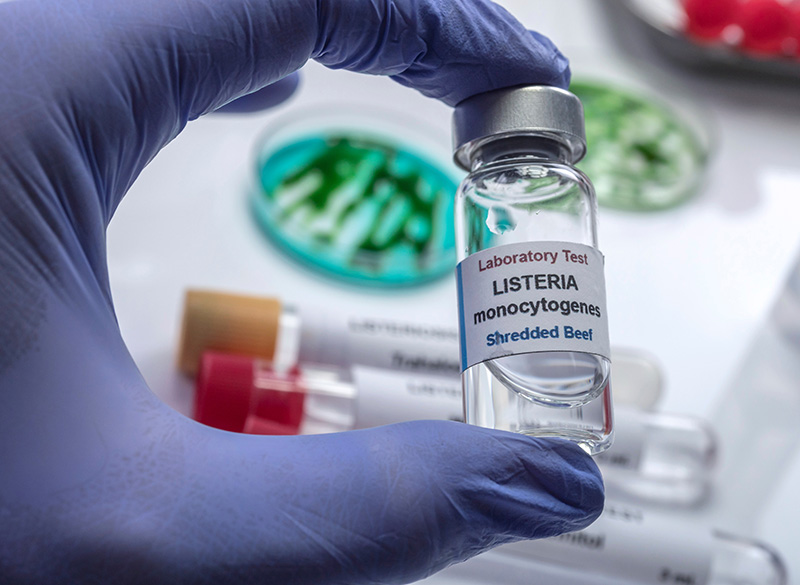April 20th, 2023
When Should You Call an Attorney for Food Poisoning? Important Steps to Take After Falling Ill
Posted in: Featured Personal Injury Tagged: Jolie S. Deutschman
Author: Jolie S. Deutschman

Every year, there are numerous food recalls that affect the food products we commonly consume. One such recent recall involved lettuce and salad kits that were sold in a number of states, including Virginia. These recalls occur due to the increasing number of cases of foodborne illness reported by individuals who have consumed contaminated food. These illnesses can cause a range of symptoms, from mild stomach upset to severe, life-threatening infections. In this context, it is essential to understand the impact of foodborne illnesses on our health.
Foodborne illnesses can occur when food is contaminated with harmful bacteria, viruses, parasites, or chemicals. A foodborne outbreak occurs when two or more people get sick from eating contaminated food, which can happen from a variety of foods and drinks, including fruits, vegetables, dairy products, and meat. These contaminants can cause symptoms such as vomiting, diarrhea, fever, and abdominal cramps. In severe cases, food poisoning can lead to hospitalization or even death.
If you suspect that you or someone you know has been affected by a foodborne illness, it is important to seek medical attention and report the illness to your local health department. If you have been affected by food poisoning, filing a claim can help you receive compensation for your medical expenses, lost wages and other damages caused by the illness. To pursue a food poisoning claim, you will need to prove that your illness was caused by contaminated food and that the responsible parties breached their duty to provide safe food to consumers. You may also need to provide evidence of your damages, such as medical expenses and lost income. There are several key steps you should take:
- First, work with medical professionals to try and identify the specific pathogen that caused your illness. Evidence from pulsed-field gel electrophoresis (PFGE) testing can also be helpful in proving your claim.
- Make a list of what and where you ate in the past week.
- Gather information like receipts and photos of food to share not only with the health department but with your attorney.
Even if you are unable to identify the specific food item that caused your illness, you may still have a case based on laboratory testing and epidemiological evidence. It is also important to note that restaurants can be held liable for illnesses caused by sick employees, and that leftover food may be used as evidence in your case. By following these steps and working with an experienced attorney, you can seek the compensation you deserve for your food poisoning-related injuries.







